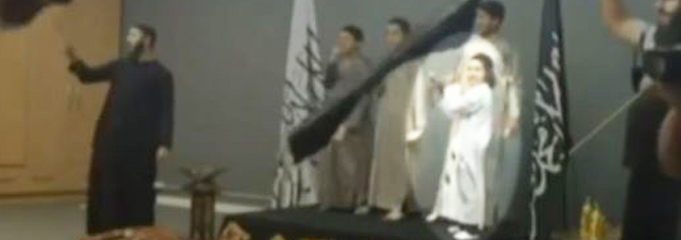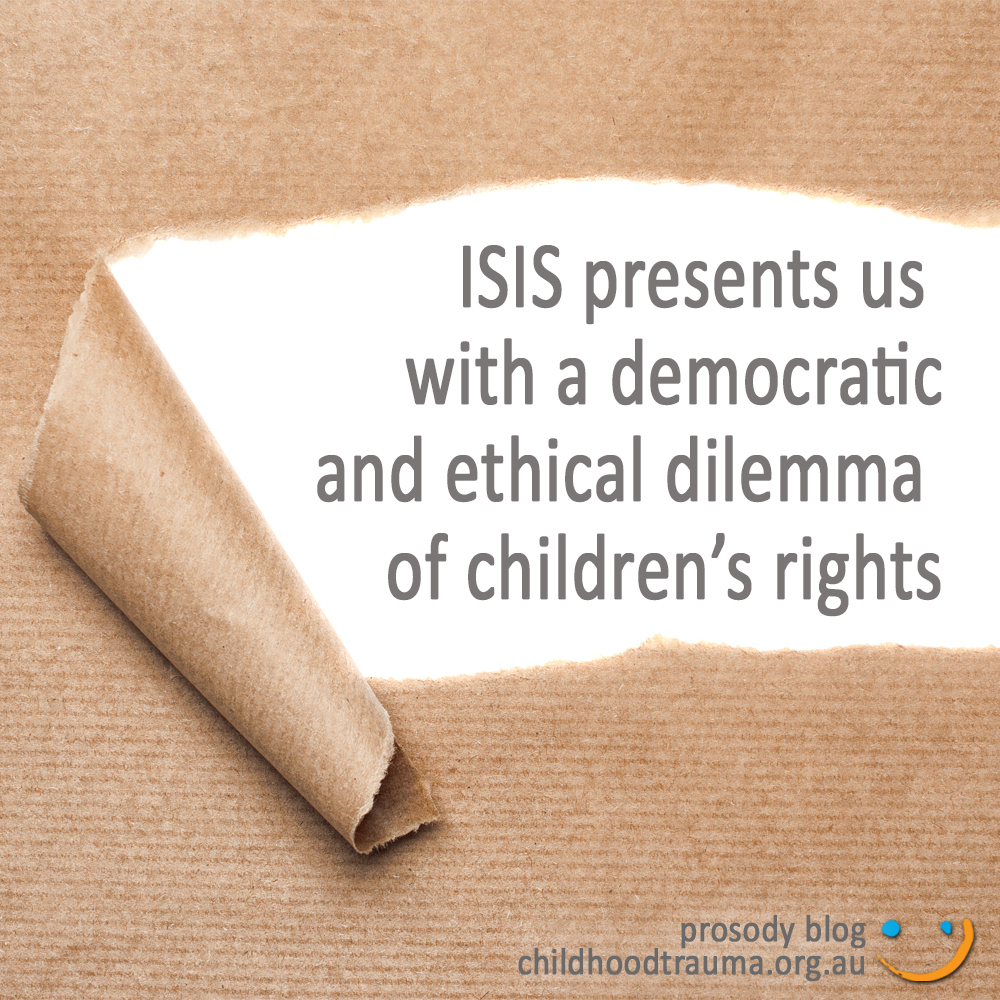
“The right to think and believe what they want”

This article was authored by Lauren Thomas, Online Professional Community Manager at the Australian Childhood Foundation.
Article 14 of the United Nations Convention on the Rights of the Child states that “Children have the right to think and believe what they want and to practise their religion, so long as they are not stopping other people from enjoying their rights. Parents should guide children on these matters.”
The charter of rights came to mind after reading that video has emerged of Australian children aged six to 13 calling for an end of democracy in Australia, declaring that they will fight to destroy it. You can watch here.
Australia’s Race Discrimination Commissioner condemned the video via twitter (@timsout) describing it as an “abhorrent display of extremism”.

But this video is concerning for more than issues of race and democracy. As a passionate believer in the rights of children, I want all children to have access to their rights regardless of race, gender, religion or country of origin.
These children have the right to think and believe what they want – article 14 makes that very clear. But article 36 states that “Children should be protected from any activities that could harm their development”.
So beyond the questions in the media around how these beliefs might harm our country, our culture or our families, I am wondering today about how such lessons about the world might harm the children themselves.
Children learn to understand the world around them, and make sense of it, through the key relationships in their lives. My concerns are not about religion, I support the right to think and believe whatever you choose. My concerns are for welfare; the children in this video have been taught to experience the world as full of hate, and to understand violence as a necessary and acceptable means of obtaining a goal. They are ideologically committing to a life of violence – even from the age of 6. I believe this lack of safety, the normalisation of violence and the commitment to its continuation is problematic for development at a neurobiological and physiological level, not to mention psychological.
And so I am pondering a democratic – and ethical – dilemma of rights;
How do we promote the rights to freedom of speech, thought and belief whilst at the same time balancing the rights to safety and healthy development?
How do we protect the development of children in Australia? Particularly from the potentially harmful beliefs that their parents/carers/mentors have a right to espouse and encourage them in?
Where do you think the line is?
As professionals working with children, how do you walk the line or hold it in practise?
